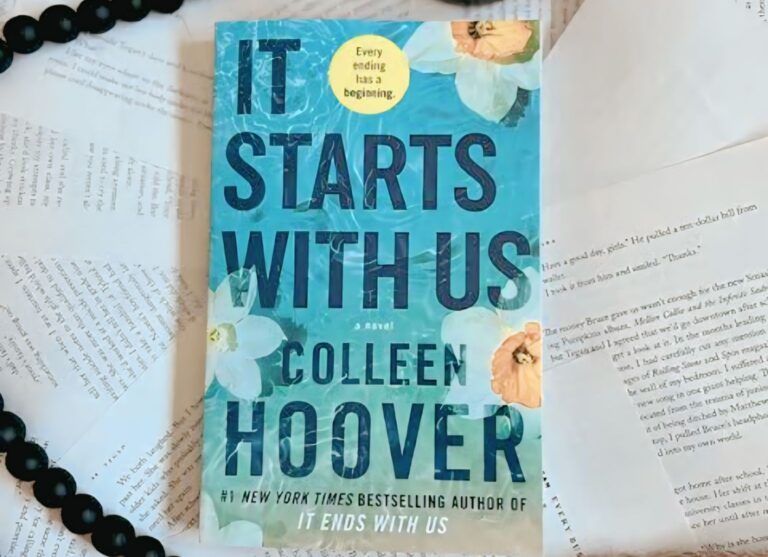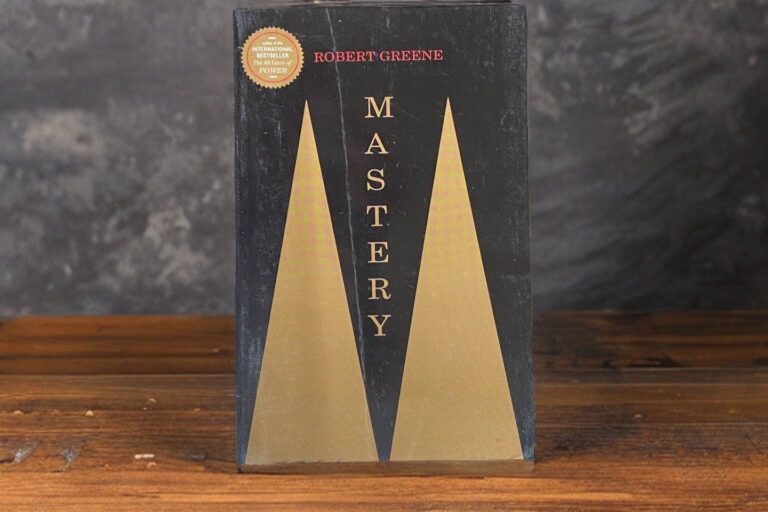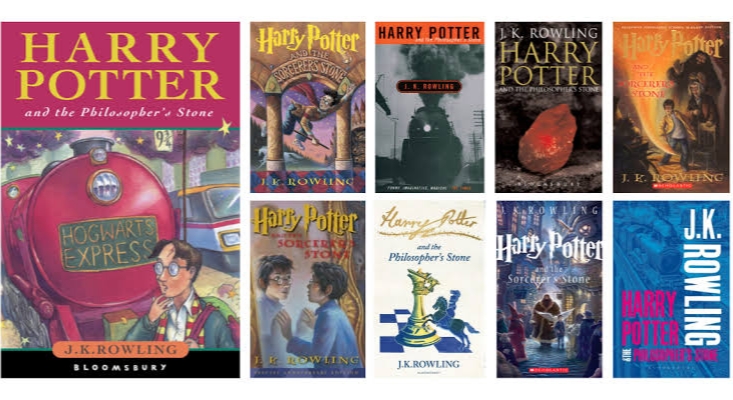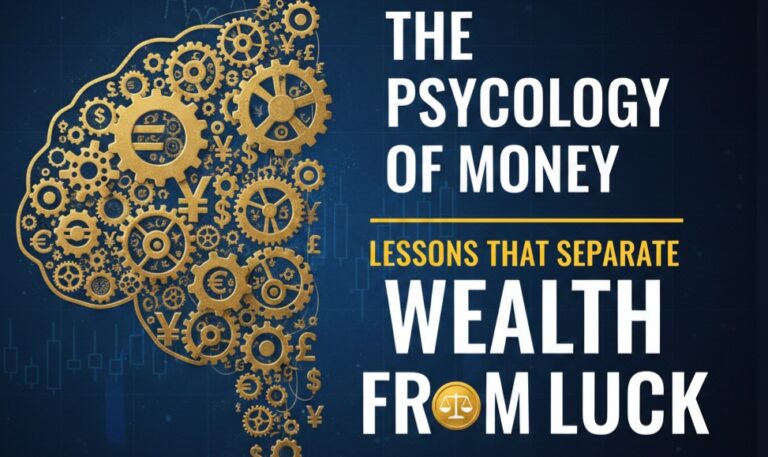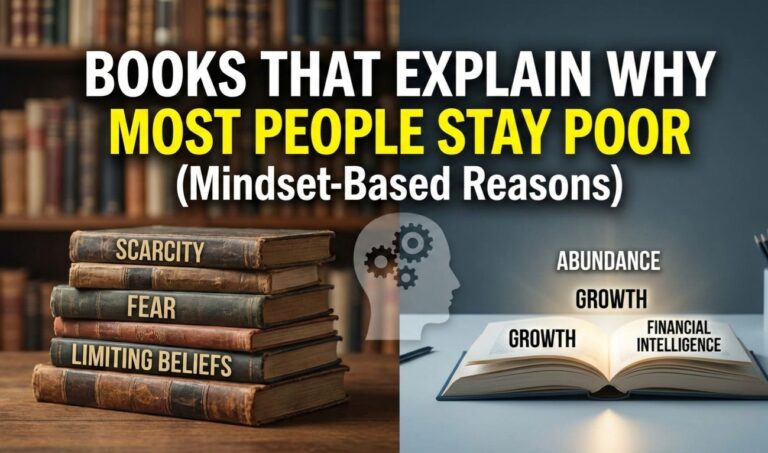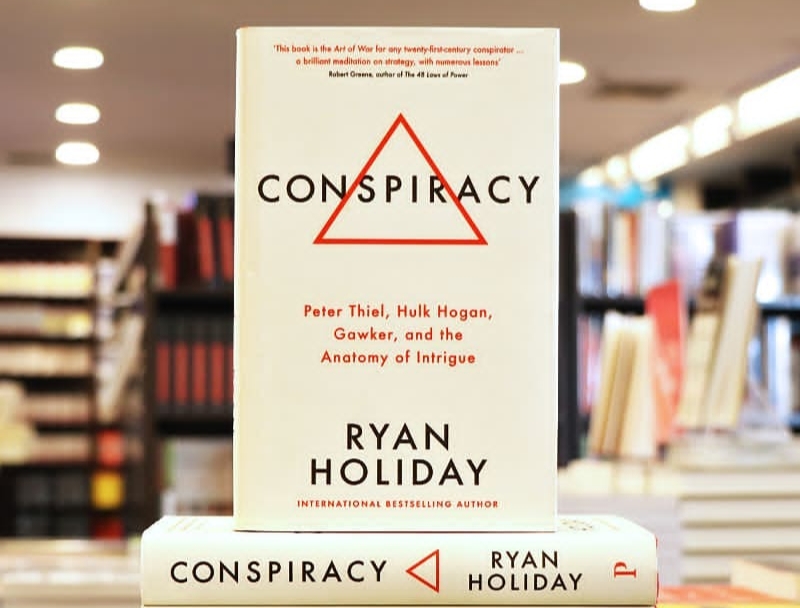
Some stories grip you not because they are wild works of fiction, but because they are absolutely true — and stranger than anything a novelist could dream up. Conspiracy: A True Story of Power, Sex, and a Billionaire’s Secret Plot to Destroy a Media Empire is exactly that kind of story.
Ryan Holiday takes readers deep into one of the most calculated, slow-burning acts of revenge in modern history. At the center is billionaire Peter Thiel, a man who felt deeply wronged by online gossip site Gawker. Instead of lashing out publicly or sending angry lawyers right away, he chose patience — a plan that would take years, secret allies, and millions of dollars to execute. The goal? Not just to fight back, but to end Gawker completely.
What makes Conspiracy so compelling is that it forces readers to wrestle with uncomfortable questions. Is plotting in secret an act of justice or manipulation? Does having the power to destroy mean you should use it? And in a world where the internet remembers everything, can anyone truly fight back?
Contents
Whether or not you agree with Thiel’s methods, this book will pull you into the shadows where billionaires and media moguls play their highest-stakes games — and you’ll come out seeing power in an entirely new way.
The Story That Didn’t Just Happen — It Was Built
Some stories blow in like a sudden storm, loud and chaotic, with everyone running for cover. Others move like shadows at dusk — slow, quiet, almost invisible — until the moment the lightning finally strikes.
Conspiracy by Ryan Holiday is about the second kind.
It’s not a typical book about courtroom drama or celebrity scandals. This is a behind-the-curtain account of a plan so deliberate, so patient, that by the time the world saw it, the ending had already been written in private.
At its core is a strange alliance: a tech billionaire, a wrestling legend, and a shared grudge against a media empire that made its name by crossing lines most outlets wouldn’t dare touch.
Holiday doesn’t just tell the story — he walks you through it like you’re in the room, watching the pieces move. And once you’re in, you’ll want to know exactly how it all unfolded.
The Players and the Grudge

Peter Thiel — Playing the Long Game
Peter Thiel has never been known for thinking small. As a co-founder of PayPal and one of Facebook’s earliest backers, he’s made a career out of spotting opportunities before anyone else. But in 2007, he found himself in the headlines for a reason that had nothing to do with tech.
Gawker Media — a gossip powerhouse built on publishing what others wouldn’t — ran a piece about Thiel’s private life. To him, it wasn’t just an invasion. It was an attack.
Most people in his shoes might fight back fast: issue a statement, threaten a lawsuit, go on TV to demand justice. Thiel didn’t. He stayed silent — not because he was letting it go, but because he was already planning something much bigger.
Hulk Hogan — The Public Face
Terry Bollea, better known as Hulk Hogan, was one of the most famous wrestlers in the world. His career was built on big entrances, bright lights, and larger-than-life showdowns.
But in 2012, he made headlines for something very different. Gawker published a secretly recorded sex tape of Hogan without his consent. Graphic. Personal. In his view, it was the ultimate violation.
Hogan sued for invasion of privacy. At first, it looked like just another celebrity vs. media fight — loud, messy, destined for tabloid drama. What the public didn’t know was that his battle would soon be backed by someone with far deeper pockets and a far bigger plan.
Gawker Media — Fearless or Reckless?
Founded by Nick Denton, Gawker had a reputation for crossing lines. It didn’t just report news — it thrived on what others wouldn’t dare print. Celebrities, politicians, tech moguls… no one was untouchable.
Fans saw it as fearless journalism. Critics called it shameless intrusion dressed as reporting. Gawker wore both labels proudly.
But in Peter Thiel and Hulk Hogan, they’d provoked two men with something most targets didn’t have — a willingness to fight back with patience.
The Secret Plan
Thiel didn’t want an apology. He wanted Gawker gone. But taking down an entire media company isn’t like flipping a switch. You don’t go straight at them — you find the cracks, and you push.
He began looking for lawsuits against Gawker that he could quietly support. The Hogan case was perfect. It was high-profile, emotionally charged, and had the potential to hit Gawker where it hurt most — its finances.
From the shadows, Thiel bankrolled Hogan’s legal team. Millions of dollars flowed into the fight, with the public completely unaware of the connection.
This wasn’t just about winning a trial. It was about building a legal blow so devastating that Gawker couldn’t recover. Every move was calculated, every delay intentional.
By 2016, the plan reached its finale: the jury awarded Hogan $140 million. Gawker couldn’t pay. The company declared bankruptcy.
Only after the dust settled did the secret come out — Thiel had been there all along, quietly steering the fight from behind the scenes.
Inside the Book — How Holiday Unfolds the Story
Ryan Holiday doesn’t rush. He builds the narrative like a slow drumbeat, pulling you deeper into each decision, each motive.
You see Thiel’s strategic patience — a willingness to wait nearly a decade for the right opening. You see Hogan’s fight for dignity, mixed with the realization that he’s part of something larger. And you see Gawker’s stubborn confidence, even as the walls close in.
Holiday refuses to make it a simple hero-villain story. Was Thiel protecting privacy? Or was he using his wealth to destroy a media outlet? Was Gawker defending press freedom? Or exploiting it for clicks?
The book leaves those questions hanging — and that’s why it sticks.
Holiday has written other bestsellers like Ego Is the Enemy.
Read our full summary of Ego Is the Enemy
Why Readers Keep Turning the Pages
The first few chapters give you the hook — but it’s the pacing that keeps you. Holiday ends sections with unanswered questions, shifts perspectives just when you think you’ve figured it out, and drops details that make you want the next page immediately.
It’s part legal thriller, part business strategy manual, and part ethical debate. The fact that every moment really happened makes it hit harder.
The Lessons That Stay With You
- The Quietest Moves Can Be the Most Powerful
Thiel didn’t need public statements. Silence kept his advantage. - Patience Is a Force Multiplier
Most people react fast. Thiel waited years. That’s how he won. - Allies Change the Odds
Hogan brought the public fight. Thiel brought the hidden resources. - Revenge and Justice Aren’t Always Easy to Tell Apart
Your view depends on which side of the story you’re on. - Control the Narrative, Control the Endgame
In battles of power, information is as deadly as money.
The idea that patience changes the game echoes strategies used by other influential figures.
Check our biography of Marcus Aurelius to see how the Stoic emperor mastered the long game.
Memorable Lines from the Book
- “The best way to play a power game is to play it quietly.”
- “Every conspiracy begins with two people talking in secret, planning something they cannot do alone.”
- “Patience is the sharpest sword in any long game.”
Ryan Holiday — The Strategist Behind the Page
Holiday has built a career studying strategy, philosophy, and human behavior. Books like The Obstacle Is the Way and Ego Is the Enemy have reached millions.
But Conspiracy is different. It’s not a collection of lessons pulled from history — it’s a single real-life case study, rich with tension and unanswered questions.
Holiday tells it without rushing, without forcing a verdict, and without losing the human flaws that make the story so compelling.
The Ripple Effect — Why the Story Still Matters
The Hogan vs. Gawker verdict did more than end one lawsuit. It sent shockwaves through journalism, law, and tech.
Media companies began questioning how far they could push privacy boundaries. Some journalists saw the verdict as a warning that billionaires could secretly dismantle media outlets. Others saw it as proof that the press had been careless for too long.
The debate still hangs in the air: was this a victory for personal privacy, or the start of a dangerous precedent for silencing the press?
Final Thoughts
Conspiracy is more than a courtroom drama. It’s a lesson in how power really works — not in loud announcements, but in quiet, deliberate moves that no one sees coming.
It’s about grudges that shape history, about strategy played on a timescale most people can’t imagine, and about the uneasy truth that when patience and resources meet, almost anything is possible.
Once you start, you’ll keep going — not just to see who wins, but to understand the cost of winning.
If Conspiracy shows how grudges can shape history, other true stories reveal how personal discipline can change lives.
Read our biography of David Goggins for an example of mental toughness in action.
Frequently Asked Questions about Conspiracy by Ryan Holiday
1. What is Conspiracy by Ryan Holiday about?
The book tells the real-life story of how billionaire Peter Thiel secretly backed a lawsuit against Gawker Media, eventually forcing the company into bankruptcy. It’s a deep dive into power, patience, and how small actions can quietly change history.
2. Is Conspiracy based on a true story?
Yes. Everything in the book is rooted in actual events surrounding the Gawker lawsuit. Holiday weaves verified facts with behind-the-scenes details gathered from interviews with the key players.
3. Who should read Conspiracy?
It’s perfect for readers interested in media, law, business strategy, and the hidden ways influence works in the real world. Fans of investigative nonfiction and power dynamics will find it fascinating.
4. Does the book take sides in the Thiel vs. Gawker case?
Holiday doesn’t write it like a courtroom drama with a “good guy” and “bad guy.” Instead, he presents both perspectives, showing the motives, risks, and consequences behind each decision.
5. How long is Conspiracy?
The book is around 300 pages, making it a fairly quick but thought-provoking read.
6. Is Conspiracy similar to other Ryan Holiday books?
While Holiday is known for his Stoic philosophy books like The Obstacle Is the Way and Ego Is the Enemy, Conspiracy is different. It’s narrative nonfiction — more like a true story than a self-help guide — but still delivers lessons you can apply to real life.
7. Where can I read more books like this?
If you enjoyed Conspiracy, you might like Holiday’s other works or books on media, business, and power. You can explore related recommendations in Top 10 Must-Read Personal Finance Books .
Thank you for reading!
Stay tuned for more inspiring Books summary, Author spotlight, Trend Books & more get full information on TheBooksX.com!
